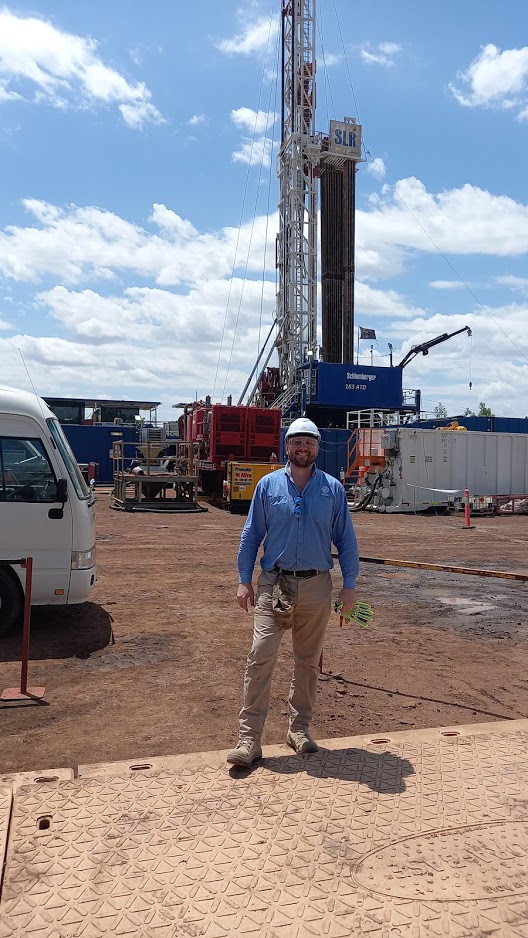10 Dec 2020
New NT regulations ensconce close collaboration between industry and landholders
This week, APPEA and the Northern Territory Cattleman’s Association welcomed the Northern Territory governments introduction of the Petroleum Regulations 2020 into parliament.
These regulations entrench a range of provisions for land access laws that govern how the petroleum industry can collaboratively engage with pastoralists and landholders to access land and invest in energy projects in the Northern Territory.
These provisions, which enshrine several common-sense principles into law, include relatively simple requests, such as returning a gate to its original position, and more complex ones, such as consultation over potential infrastructure and aerial surveys to ensure petroleum producers minimise disturbance to pastoral operations.
APPEA Northern Territory Director Keld Knudsen explained that the legally binding provisions would protect landholder’s interests by increasing certainty around the land access process.
“Landholders want to be treated fairly during the land access process and deserve to be provided with have a reasonable say and engagement in the agreements,” he said.
“For a lot of farmers, it’s good to have the certainty of knowing that not only will we do that, but if we don’t, we’re breaking the rules.”

APPEA NT Director Keld Knudsen pictured in front of Schlumberger’s 183 rig drilling at Empire Energy’s Carpentaria-1 site in the east of the Beetaloo Basin.
The provisions also improve certainty for petroleum companies looking to develop exciting natural resource projects, such as the highly prospective Beetaloo Basin, which could stimulate a huge boost to the Northern Territory economy through the potential injection of $17 billion and at least 4,000 jobs over 20 years (Deloitte Access Economics).
NT Director Knudsen explained that coexistence is vitally important to ensuring the continued development of both sectors, improving education, mutual understanding, and efficiency for both parties as the Northern Territory continued its development as a significant Australian energy trading hub.
“It adds a lot more certainty regarding the rules — it’s very clear and spelled out and provides a proper resolution process for disagreements,” he said. “We can work together to improve certainty and make sure we can operate sustainably and together for the benefit of pastoralists and the gas industry.”

